NORML | A Brief History
By CLOVR Cannabis
June 30 2021
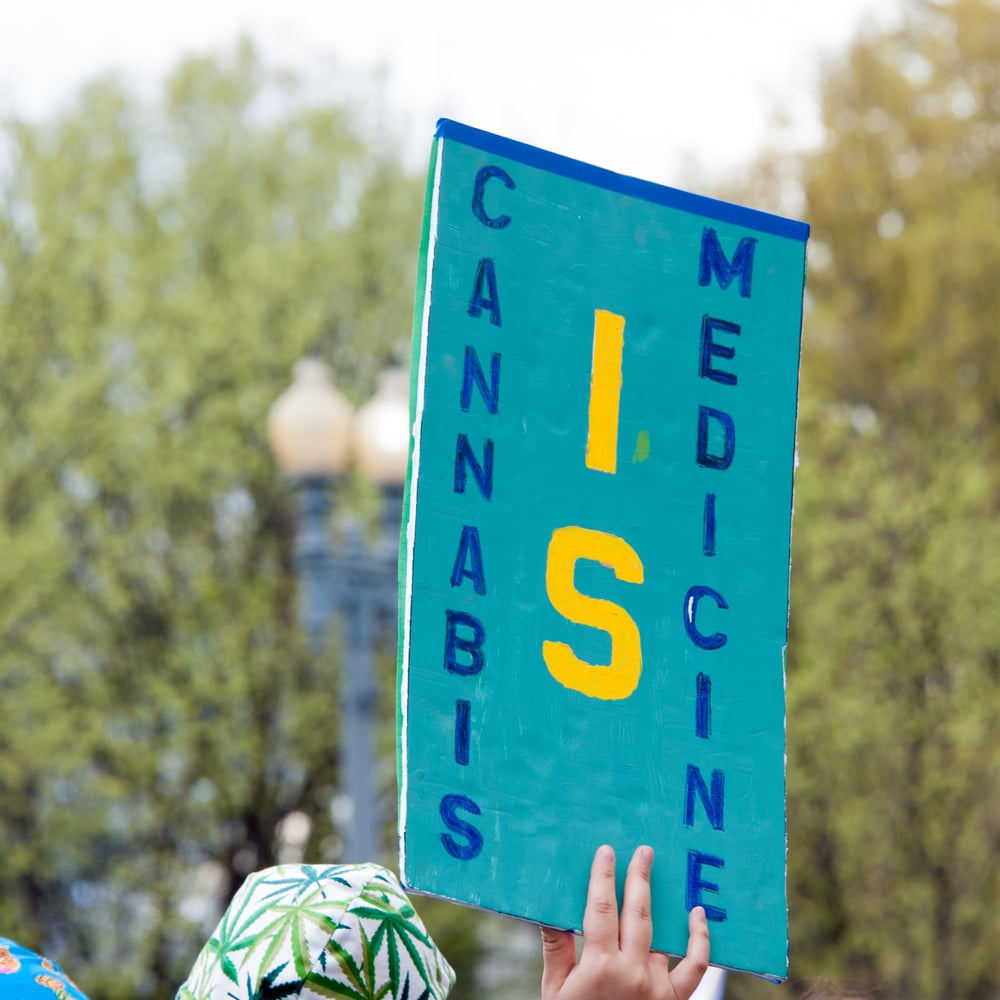
June 30 2021
Marijuana is more widely accepted than ever before. Now it may seem like these changes were inevitable, but the path has been anything but straightforward. NORML (The National Organization for the Reform of Marijuana Laws) has been instrumental in forging that path, helping make cannabis an almost normal part of life in many parts of the U.S.
NORML got its start when founder Keith Stroup was inspired by his work with Ralph Nader. Nader’s book “Unsafe at Any Speed” showed how simple changes would prevent thousands of deaths in car accidents each year. Stroup saw how organizing around the ideas of the book empowered consumers and transformed the auto industry.
In the U.S. in the 1960s, possession of even a small amount of marijuana was criminal in every state in the country. While the protests and student activism of the 60s and 70s were inspiring, Stroup, a lawyer, thought it would be best to work within the system.
image courtesy of norml.org
NORML’s formulating idea was that people who partake of marijuana are consumers with rights rather than criminals. Cannabis consumers, NORML said, had a right to use safe and legal marijuana responsibly. NORML emphasized that cannabis use should be for adults only and that users should never drive while high. NORML argued for personal responsibility and that those who support cannabis use must also work to prevent abuse. Soon NORML was leading the way nationally to decriminalize marijuana.
Rather than following the radical path of some grassroots organizations, NORML’s approach was to provide information and lobby at the state and federal levels for legislation to change the laws affecting cannabis. NORML published newsletters, hosted national conferences and helped other organizations across the country to fight for legalization.
The Controlled Substances Act (CSA) was signed into law in 1970. The CSA classified marijuana as a Schedule 1 drug. This means it was considered to have a high potential for abuse, a lack of safety and no accepted medical use. Schedule 1 is the most restricted class of drugs in the U.S.
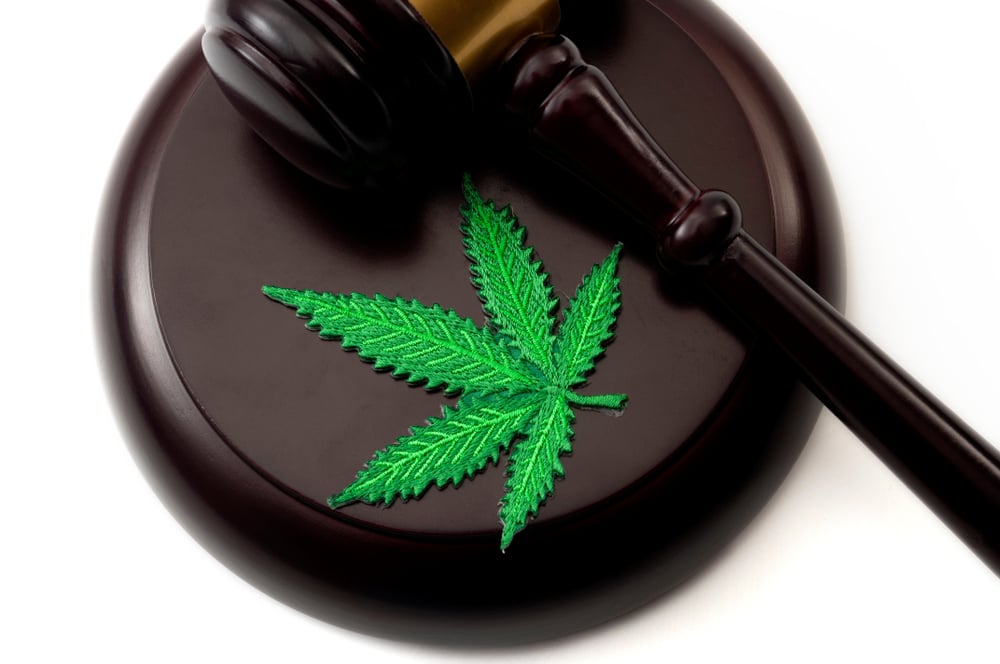
Congress established the National Commission on Marihuana (sic) and Drug Abuse and released its report in 1972. The Commission’s findings were in direct contrast to the CSA, concluding that cannabis did not present a danger to society. It suggested that both the federal and state governments eliminate penalties for possession and use of marijuana and not-for-profit transfers of small amounts of pot.
NORML was able to use this report in its push for decriminalization. As a result, 11 states passed decriminalization measures in the 1970s. NORML also fought to get marijuana penalties lowered significantly in all other states.
Many parents were concerned about possible marijuana use by kids and teens and started organizing opposition to NORML in the mid-70s. Parent groups like the National Federation of Parents for Drug-Free Youth lobbied for increased regulation of marijuana and had the support of federal agencies. Laws were passed to increase penalties for marijuana possession.
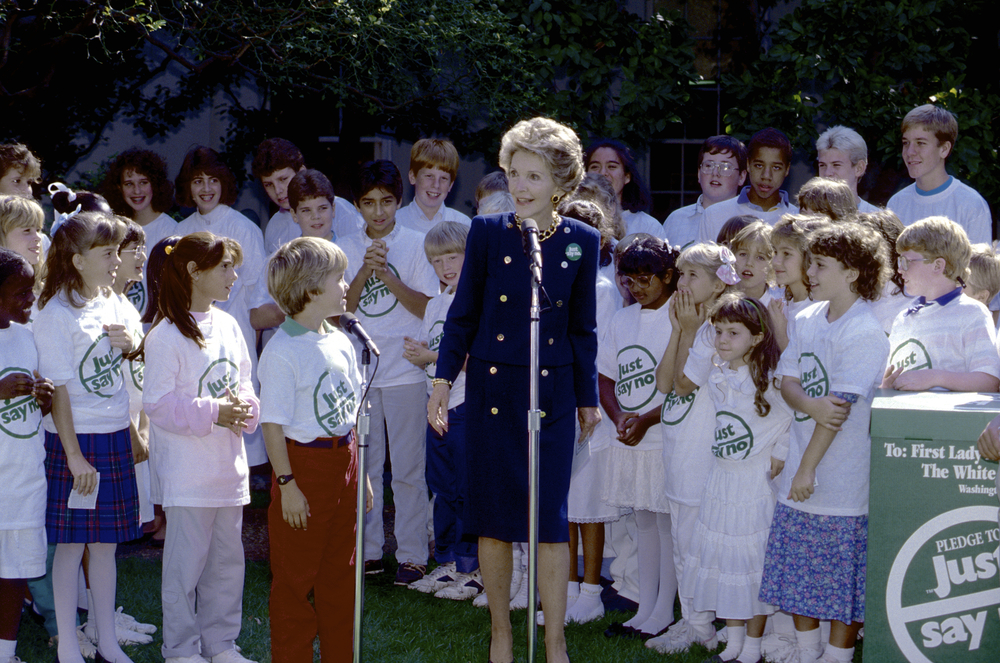
The push by parents led to the Reagan era “Just Say No” campaign and the War on Drugs. “Three strikes” laws sent a lot of people to prison with very long sentences.
The “iron triangle” of anti-legalization efforts were led by people who thought marijuana use was wrong or harmful; commercial interests with stakes in drug treatment; and law enforcement and government entities who wanted to keep the War on Drugs in place in part to provide funding for their budgets.
NORML argued that many of the lives and careers of good, hard-working people had been needlessly ruined by marijuana prohibitions.
NORML started advocating for the legal use of medical marijuana in 1972 and brought the first lawsuit to argue that cannabis should be rescheduled for medical use. In 1976, NORML fought in court for a glaucoma patient to become the first legal, medical cannabis patient in the U.S. NORML was also instrumental in obtaining the 1996 victory in California for legalizing medical marijuana.
Since then, NORML has helped with fights in every state.
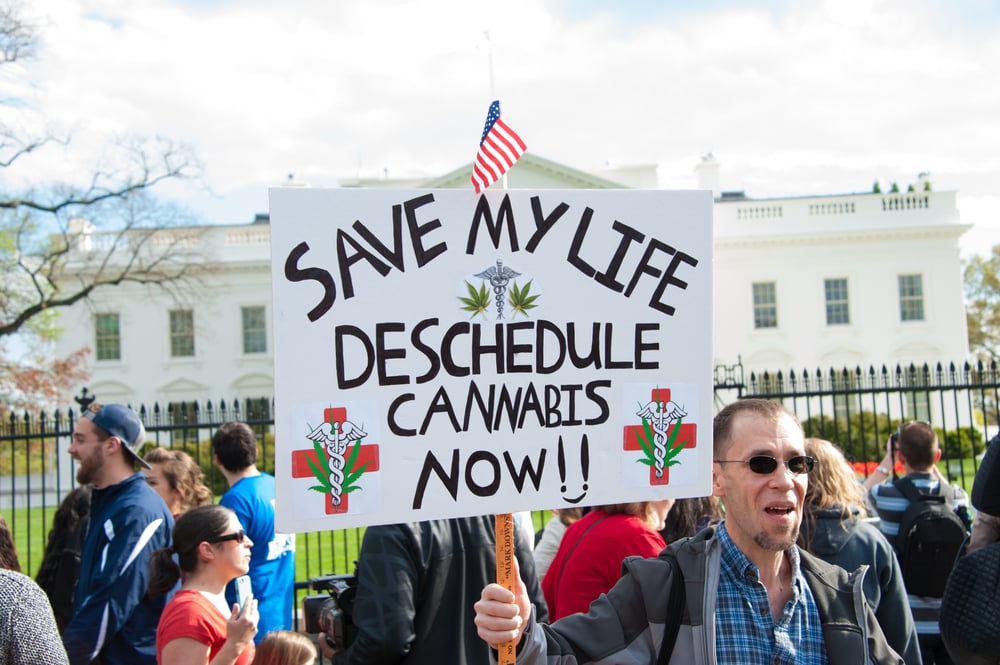
NORML promoted initiatives in several localities, declaring that marijuana enforcement should be the lowest priority for local law enforcement, helping free up resources to stop violent crime instead.
In 2009, NORML collected 100,000 signatures to encourage President Obama to appoint a Drug Czar. The goal was to treat drug abuse as a health issue rather than a criminal issue, moving the country away from the ideas of the (disastrous) War on Drugs.
In 2009, NORML also led a boycott of Kellogg, the cereal company that dropped a contract with Olympic swimmer Michael Phelps after the media revealed Phelps was a marijuana user. As a result of the boycott, the company reversed its decision.
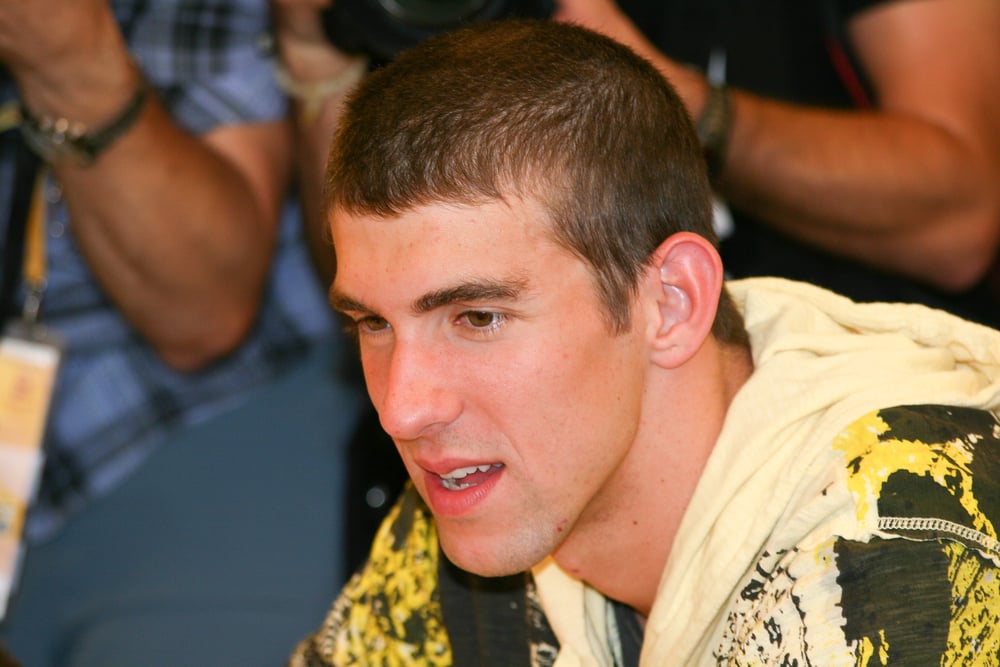
NORML’s work over the years has contributed to a cultural climate where marijuana use is widely accepted.
NORML continues to lobby for reform of cannabis policies in Congress and state legislatures across the country. They provide expert witnesses at legislative hearings and in court cases. In addition, they are available to the media as a marijuana law reform advocate.
NORML’s website includes a 50-state legislative tracking system, making it easy for consumers to contact state and federal elected officials. The organization also has a legal committee with hundreds of criminal defense attorneys to help those charged with cannabis-related offenses. They also represent newly legal cannabis-based businesses.
NORML is still a strong presence in the continued effort to change the laws regulating marijuana use and a common-sense advocate for the individual freedom to use cannabis safely and responsibly.